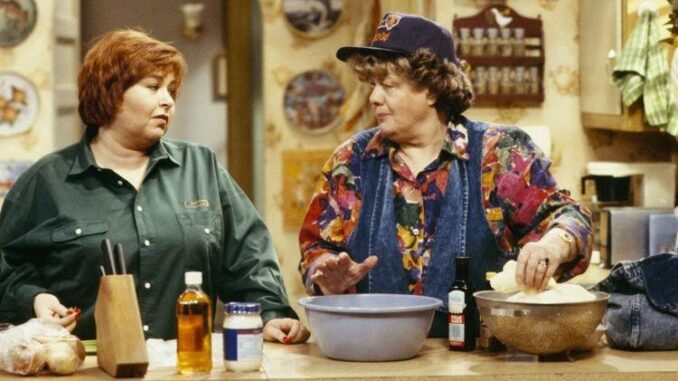
When the Roseanne revival premiered, many fans were eager to see how the beloved sitcom would tackle contemporary issues. However, as the series progressed, it became clear that stepping away from heavy political themes allowed the show to rediscover its comedic roots and connect more deeply with its audience.
Embracing Classic Family Dynamics
Initially, the revival attempted to navigate the political landscape, reflecting the divided climate of today’s America. While this approach garnered attention, it often overshadowed the show’s core strength: its portrayal of the everyday struggles of a working-class family. By refocusing on relatable family dynamics, the revival successfully rekindled the warmth and humor that made the original series so beloved.

Strengthening Character Connections
As the revival moved away from political commentary, it allowed characters to develop in more meaningful ways. The focus shifted back to the Conner family’s interactions, their personal challenges, and the humor that arises from relatable situations. This pivot engaged viewers and reminded them of the heartwarming essence that defined the show.
A Return to Humor
With less emphasis on politics, the revival found its comedic rhythm again. The writers capitalized on the characters’ quirks and the humorous dynamics within the family, delivering laugh-out-loud moments that resonated with long-time fans. This return to classic sitcom humor helped the revival regain its footing and attract a broader audience.
Conclusion
The Roseanne revival’s decision to step away from political themes ultimately strengthened the series. By emphasizing family dynamics and humor, it reminded viewers of the show’s original charm and relatability. This shift allowed the revival to thrive, reconnecting with fans who cherish the Conner family’s story. As the series continues, it stands as a testament to the power of laughter and the importance of staying true to one’s roots.
